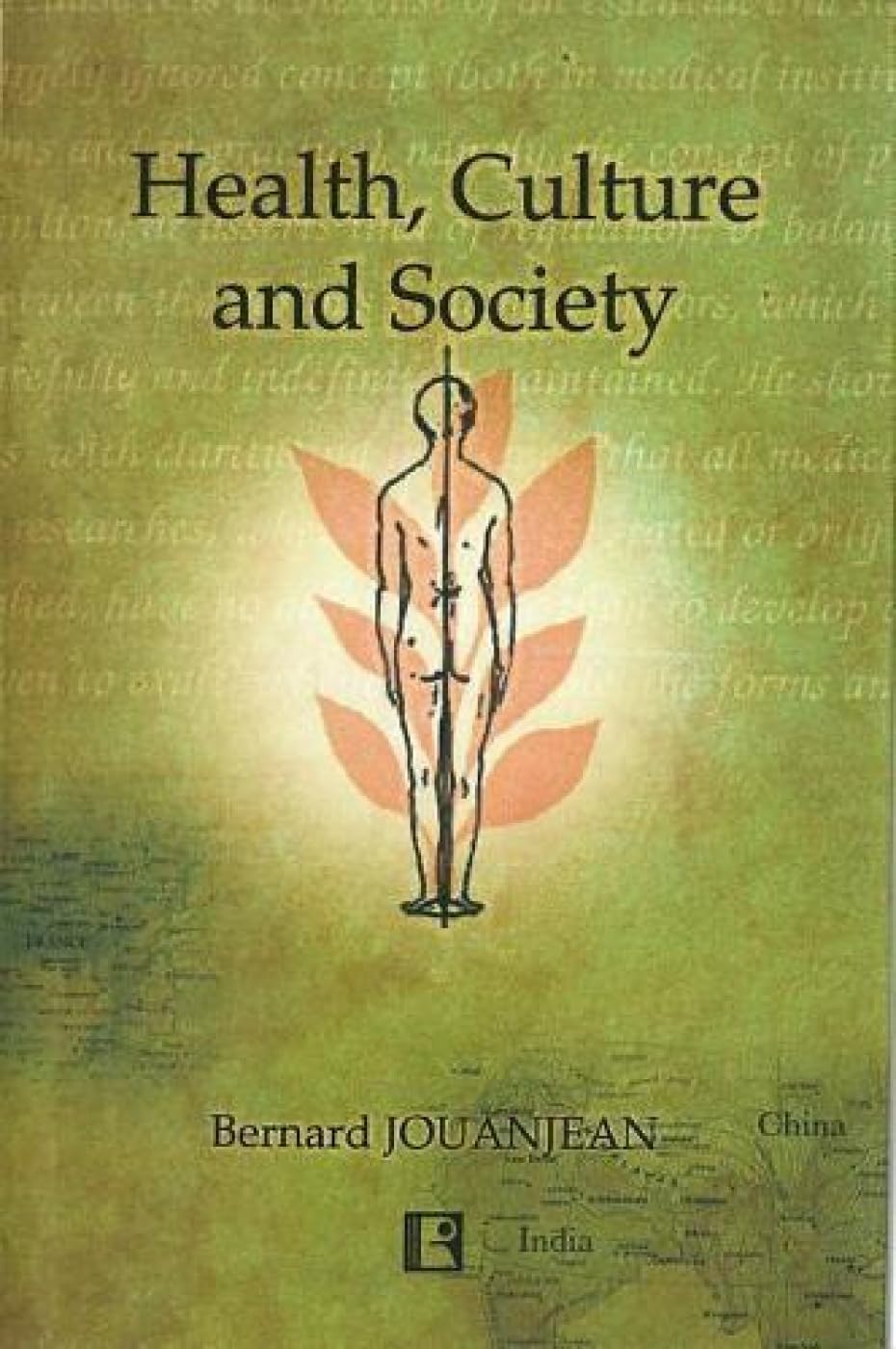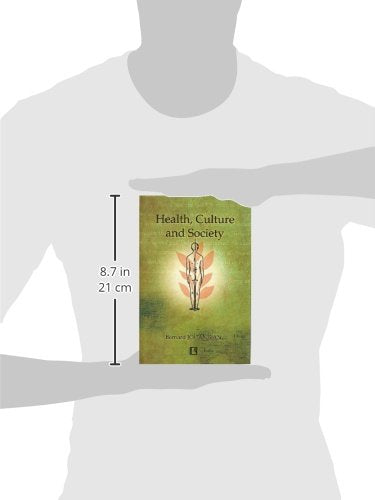Health, Culture and Society: A Comparative Analysis of French, Chinese and Indian Society
Health, Culture and Society: A Comparative Analysis of French, Chinese and Indian Society is backordered and will ship as soon as it is back in stock.
Couldn't load pickup availability
Genuine Products Guarantee
Genuine Products Guarantee
We guarantee 100% genuine products, and if proven otherwise, we will compensate you with 10 times the product's cost.
Delivery and Shipping
Delivery and Shipping
Products are generally ready for dispatch within 1 day and typically reach you in 3 to 5 days.
Book Details:
-
Author: Bernard Jouanjean
-
Publisher: Rawat Publications
-
Language: English
-
ISBN: 9788131603970
-
Pages: 192
-
Cover: Hardcover
-
Dimensions: 8.7 x 5.8 x 0.6 inches
About the Book
Health, Culture and Society by Bernard Jouanjean presents a groundbreaking exploration of the intricate relationship between physiological health and social systems across different civilizations. Drawing comparisons between ancient India, China, and France, this interdisciplinary work investigates how cultural models and societal structures influence perceptions of health and human behavior.
Jouanjean argues that high-risk modern societies tend to construct four “extra-organic prostheses”—metabolic, neuropsychic, immunological, and elimination systems—around which new social frameworks emerge. In contrast, societies with lower risks, such as ancient France and India, leaned towards functional tripartite models. The book questions the shift of India’s original quadripartite social model toward a tripartite one and suggests this evolution was deeply tied to preventive health philosophy.
By linking social organization to bodily regulation, the book provides rich theoretical insights into how prevention and balance were embedded in ancient systems and how they can influence modern health care strategies. It opens up a dialogue on redefining prevention, proposing that health systems should also manage the body's autonomous regulatory functions.
With critical implications for sociology, public health, and cultural studies, this book is invaluable for health professionals, scholars, policy makers, and students interested in understanding the historical and philosophical underpinnings of health systems and cultural health models.







